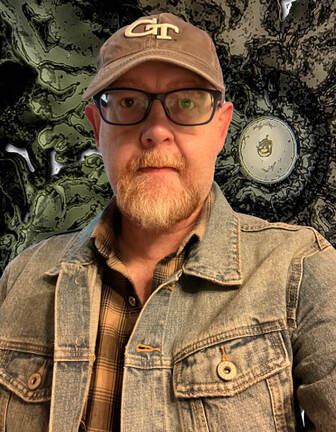
I graduated in Biological Sciences (B.Sc, University of Salford, 1997) prior to undertaking a Ph.D in molecular microbiology studying quorum sensing in Pseudomonas aeruginosa (University of Nottingham, 2001). I worked as a Postdoctoral Fellow at Nottingham on both EU and BBSRC funded grants, before obtaining a Royal Society University Fellowship (2006-2014). I was promoted to Associate Professor in 2013. In 2017 I moved as an Associate Professor to the School of Biological Sciences at Georgia Tech. I was promoted to Full Professor in 2022. I was appointed as the Director of the Center for Microbial Dynamics and Infection in January 2023.
I currently serve as the Deputy Editor in Chief of Microbiology, where I have previously served as editor and senior editor. I have also previously served on the editorial boards of FEMS Microbiology Letters, BMC Microbiology, Microbiology Open and Royal Society Open Science. I was an elected member of the Microbiology Society Council (2012-2016) and also served on their conference and policy committees. I was selected to be an American Society for Microbiology Distinguished Lecturer (2021-2023) and was elected to the American Academy of Microbiology in 2023.
In my spare time I play bass guitar. I recorded some original music in a band called Meaner and I currently play in a covers band called The Variants of Concern. I also have a long-standing interest in the works of J.R.R. Tolkien.





